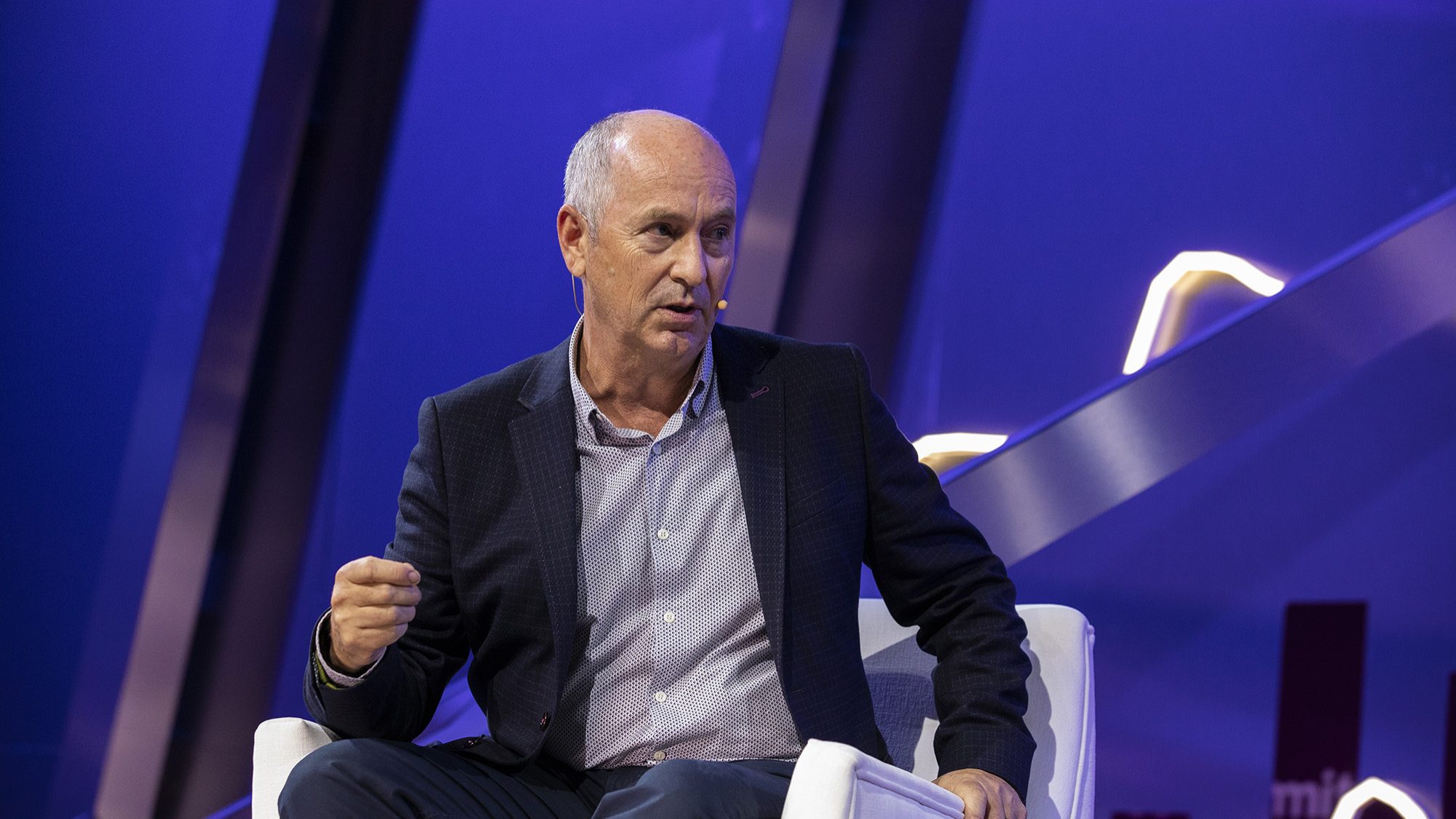Portugal can assert itself more internationally with a stronger Brazil
"The stronger the Brazilians and the Brazilian State are, the more opportunities Portugal will have to develop itself," One of the vice-rectors of the University of Coimbra stressed.
One of the vice-rectors of the University of Coimbra stressed on Thursday the historical role of the institution and the contribution it can make to relations with Brazil, stressing that the stronger that country is, “the more opportunities Portugal will have”.
On the day that the president of the Senate of Brazil, Rodrigo Pacheco, visits the university of Coimbra, and in which a cooperation agreement involving the two institutions will be signed, vice-rector João Nuno Calvão da Silva, speaking to Lusa, stressed the historical role that the university has in relations with Brazil, “something that always opens doors” which has benefits for all the Portuguese.
Because, in the vice-rector’s opinion, “the stronger the Brazilians and the Brazilian State are, the more opportunities Portugal will have to develop and assert itself more and more strongly in the international context”.
Thus, for João Nuno Calvão da Silva, what should stand out from the commemorations of the bicentenary of Brazil’s independence, which the two countries are celebrating together this year, “is in fact this historical and crucial role that the university of Coimbra has always taken throughout history and in its relations with Brazil”.
“It is a role that should make us all proud, from all over the country, because it is something that will always open doors to all institutions on the academic, scientific and cultural side and that will benefit us all as a country”, he said.
“I think that the Brazilian federal senate, as a great political institution in Brazil, understands the historical importance of the university of Coimbra and in this sense has chosen us as a partner for various initiatives, which it may have in mind (…) and the university embraces the presence of the president of the Senate with great enthusiasm”, he stressed.
The vice-rector also mentioned the “decisive role” of the municipality of Coimbra in this agreement.
Among the projects already carried out, he highlighted the exhibition at the Brazilian ministry of education of a scientific organisation of the general library and archive “that portrays the way in which the university of Coimbra marked the development of the country of Brazil”, which is on show until May 31.
According to him, the exhibition reveals a set of pre and post-colonial documents, that portray “well how Coimbra has its mark today because throughout history it was educating the several Brazilian elites that helped to form the country”.
Starting with Bonifácio de Andrade, who was the patriarch of independence and professor of metallurgy at the university of Coimbra, he indicated, as an example.
In this regard, he said “it is also interesting to note how several historians attribute the fact that the Brazilian elites who studied at Coimbra University helped to consolidate Brazil”.
According to João Nuno Calvão da Silva, “there are other initiatives that will be developed in the college of arts, another exhibition with another focus, and also shows of an artistic nature” throughout this year to commemorate the 200 years of Brazil’s independence in Portugal.
The vice-rector also recalled that the university has already supported a representative structure of its Brazilian students, which held a week of activities of cultural, social and artistic nature.
According to him, today the largest foreign student community of the university is Brazilian: “Of the 5,000 foreign students that currently attend the university, 80% are Brazilians”, many of whom chose the university for their knowledge of its history, which is “a brand”.


